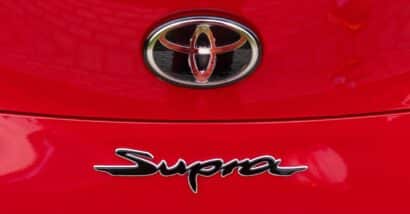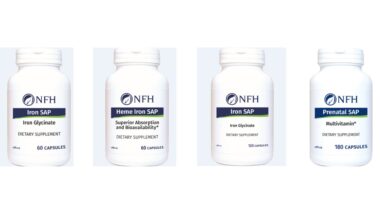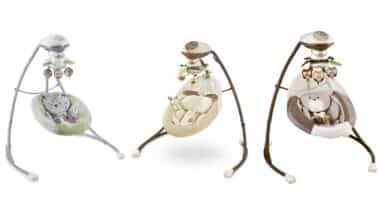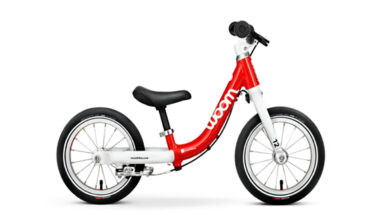
The use of Keurig K-Cups has become increasingly widespread over the last decade.
Approximately two thirds of Canadian adults drink coffee daily, and 25 per cent of those cups are from single-use pods, with a total of about 2.8 million pods discarded every day by Canadians, according to CBC Canada.
The sheer amount of Keurig K-Cups that have been sold since their introduction to the coffee market in 2004 is hard to comprehend. Speaking to USA Today, John Hocevar, the campaign director of Greenpeace USA, offered a useful visualization: By 2014, enough K-Cups had been sold that, if placed end-to-end, they would circle the globe 10 times.
While this is good news for coffee pod manufacturers like Keurig, many environmental experts are concerned about the effect these products are having on the environment.
“Many end up getting incinerated, dumping poison into our air, water and our soil,” Hocevar noted.
Environmental experts and activists aren’t alone in their concern. One of the creators of the K-Cup has said he “feels bad sometimes” about creating the product, and has stopped using it himself, according to The Atlantic.
Some single-use coffee pod companies have tried to develop recyclable or compostable options. However, these products often end up in the landfill anyway, CBC Canada reported.

The vast majority of the Ontario Waste Management Association’s compost facilities aren’t able to process even the pods that are labeled as compostable, association CEO Mike Chopowick told CBC Canada, meaning most pods would be screened out and sent to landfills instead.
“This will result in, quite frankly, more expensive garbage,” Chopowick said. “It does increase the cost of the processing system.”
This isn’t just a huge problem for the environment — it also affects millions of consumers.
“What we’re really concerned about is mixed messaging to the consumer,” said Jim McKay, the general manager of Solid Waste Management Services, told CBC Canada. “That they’re buying a product that they believe is compostable, and in some cased potentially paying a premium for the product, and in the end it’s just going to end up in the garbage anyway.”
Indeed, Keurig K-Cups’ effect on the environment is one of most product users’ primary concerns.
“Over 60 per cent of Keurig users say that impact on the environment of using these machines is their number one concern,” Robert Carter of NPD Canada told the Financial Post. But the convenience of the product means consumers buy the single-use pods despite the potential harm to the environment — harm that could be substantially mitigated by the use of more traditional coffee-brewing methods that don’t include the multimaterial pods.
Read More Lawsuit & Settlement News:
ATTORNEY ADVERTISING
Top Class Actions is a Proud Member of the American Bar Association
LEGAL INFORMATION IS NOT LEGAL ADVICE
Top Class Actions Legal Statement
©2008 – 2026 Top Class Actions® LLC
Various Trademarks held by their respective owners
This website is not intended for viewing or usage by European Union citizens.















One thought on Are Keurig K-Cups Bad for the Environment?
Please add me